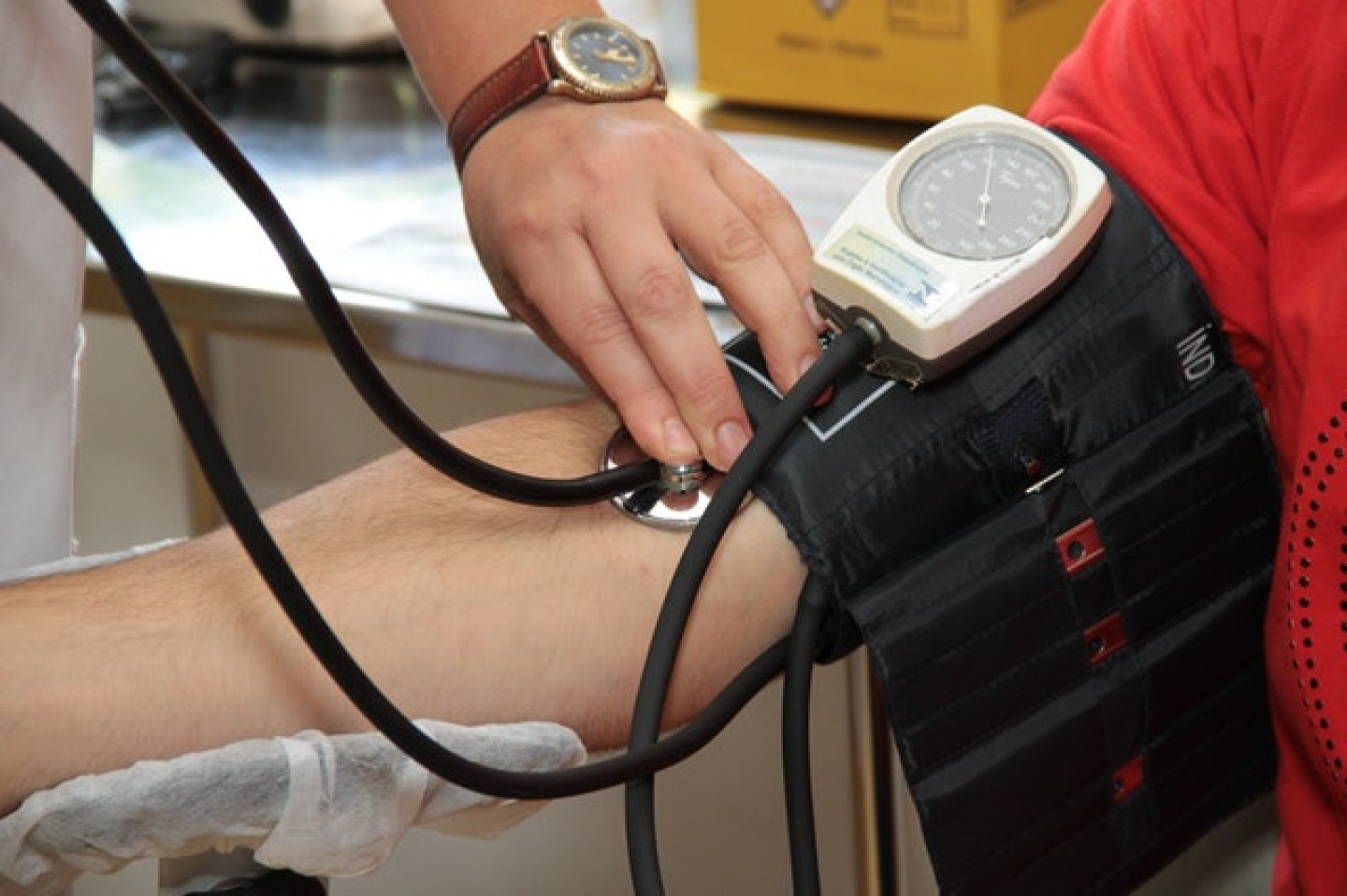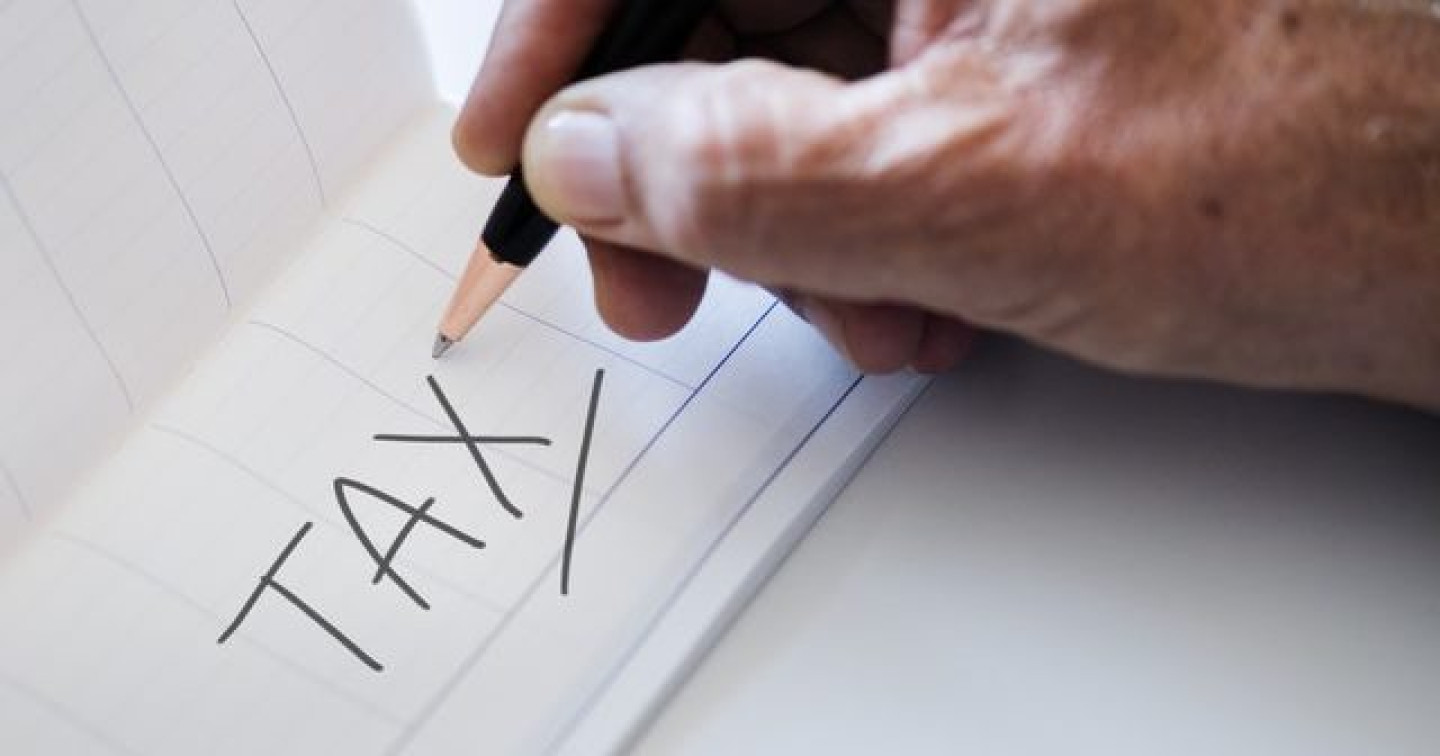Health Insurance is one of the most important insurance products to own. In fact, it is a mandatory financial product to own after-term insurance to achieve your financial well-being.
We have listed below the things to note before buying health insurance.
1) Decide the Sum Insured from the Long-Term perspective
The biggest mistake one makes when buying Health Insurance, is to consider the expenses that you may incur today. However, in reality, health insurance is bought for 20-25 years from now.
Hospitalization costs today would be ranging from 50,000 INR to 300,000 INR. Assuming you are 30 today, at modest average healthcare inflation of 7.5% for the next 20 years, single hospitalization bills will range at around Rs. 13 Lakhs when you are 50 years old.
It is very important to think in the long term while deciding on the cover of the policy and hence, you must take a higher cover.
2) Know about the things that you must ignore and consider.
There are many features in a health insurance policy. You must have read the same in the insurance brochures and pamphlets. It is important to be able to distinguish between the features that must be considered versus the add-on features which should not be your deciding factor.
Features like Ambulance, Daily Hospital Cash, Domiciliary, and any other benefits that don’t get used often, have low consequences in your health planning. These should be overlooked so that you could focus on the main features like the network of hospitals, fees for a doctor consultations, Room rent Limit, and ICU charges. Check if they are paying for medicines or not and these kinds of expenses make the major part of your overall bill.
Things like Ambulance charges are not more than Rs 2,000, if you have to pay it from your own pocket, even that it's totally fine. Why choose a policy based on this feature? It's always a bonus advantage and nothing else.
3) Know about the Sub-limits in your health insurance.
Many Health Insurance policies have room rent capping, which means you are eligible to claim expenses of the room renting up to the decided cap limit. In case you opt for a room above this cap, you will have to bear the additional proportionate expenses on your own. Let me give you an example
Let's say, as per your policy you are room rent limit is Rs 4,000 per day. Now if you get hospitalized and you choose a room that has room rent of Rs 10,000. You might think that you will just get 4,000 per day for room rent from the insurance company and other charges you will get as per the limit. But that's not true.
Other hospital expenses such as doctor's consulting fees, medicines, reports, scanning fees, etc are also dependent upon the room that you opt for. If you select a room that is higher than the room cap set. The expenses based on the room rent cap will be reimbursed not on an actual basis but based on the cap set. Other expenses are also proportionate to the room capping
Hence, your preference for health insurance should be in the following order:
- Policies with Private Room eligibility.
- Policies with No Room Rent capping.
- Policies with Room Rent capping.
4) Check for the cost-sharing issue or the co-pay
Many private health insurance companies have a co-pay policy where you have to bear 10%-20% of your health bills. With a big surgery or a huge expense, this amount can also be huge and you may not be in a position to bear it when the time comes. Hence, ensure that all the major expenses of your health bill are covered in your insurance.
5) Tax deduction under section 80 DD of the Act
Ensure that your children, spouse, and parents are also covered by appropriate health insurance. Anyone can suffer from any health issue and insuring them will reduce your personal financial burden. The benefits of getting your family covered do not end at the level of security rather it offers great tax benefits as anyone paying premiums for parents, apart from themselves, spouse, and children can claim deductions up to INR 55,000, according to Section 80D.
6) Don't be late in buying a health insurance
We always advise that term insurance and health insurance should be bought at the earliest possible. These financial products are obtained when you are in good health and young age to reduce the cost of them, After you have developed any health issue it will be very difficult to obtain a health insurance policy without co-pay criteria.
To learn more - you can check our course - NM 102: Build a Safety Net. Use code SAVE20 for 20% off.







